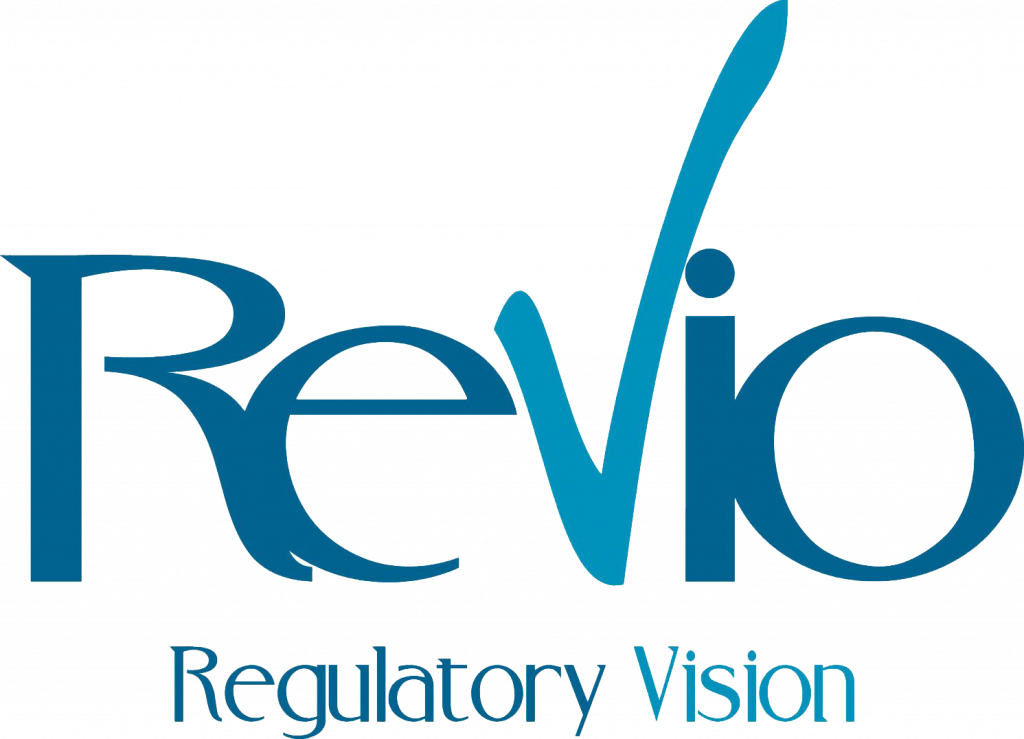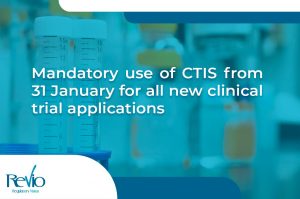On November 24th, the European Medicines Agency (EMA), in collaboration with the European Commission, organized a webinar to clarify key aspects of the reform of EU pharmaceutical legislation, which was adopted on November 25, 2020.
The reform introduces a new directive, repealing and replacing Directives 2001/83/EC and 2009/35/EC of the European Parliament and of the Council, and incorporating relevant parts of the Paediatric Regulation (Regulation (EC) No 1901/2006). It also introduces a new regulation, repealing and replacing Regulation (EC) No 726/2004, the Orphan Regulation (EC) No 141/2000, and incorporating relevant parts of the Paediatric Regulation.
The goal of this reform is to ensure market access, supply availability, affordability, a competitive regulatory framework, environmental sustainability, and combating antimicrobial resistance (AMR).
To bolster global competitiveness and innovation in the sector, a balance must be struck between incentives for innovation—focusing more on unmet medical needs—and measures to enhance access and affordability (how member states and patients can access medicinal products).
Access to Medicines
Access to medicines is not timely and varies across Member States, with average waiting times ranging from 4 to 29 months within the EU. The reform aims to encourage innovation and access by shortening the timeframes for market authorizations, facilitating earlier entry of generic and biosimilar medicines, and providing pre-authorization support. Thus, market authorization will take 180 days for standard procedures or 150 days for accelerated procedures.
Other changes aim to promote a more competitive regulatory framework, including accelerated assessments and Temporary Emergency Marketing Authorization (TEMA), among others.
Orphan Medicines
Key changes for orphan medicines include:
– Introducing the High Unmet Medicinal Needs (HUMN) concept: orphan medicines for life-threatening or chronically debilitating conditions without any authorized medicine in the EU or where the HUMN offers exceptional therapeutic advancement (beyond “significant benefit”).
– Default market exclusivity of 9 years for orphan medicines, extendable to 10 years for HUMN.
– Transfer of competence for orphan designation from the Commission to EMA.
Paediatric Medicines
The reform brings several changes to paediatric medicines, including:
– Centralized marketing authorization procedure mandatory for PUMA medicines, optional for paediatric-only MPs.
– Simplified paediatric investigation plan (PIP) and mandatory PIP based on the mechanism of action.
– Temporary waiver from PIP obligations during public health emergencies.
– 6-month supplementary protection certificate (SPC) extension following PIP completion, also applicable to orphan medicines.
Measures for Small and Medium-Sized Enterprises (SMEs)
The EU pharmaceutical legislation reform aims to facilitate market authorization for SMEs. Recognizing that SMEs have fewer resources compared to larger firms, the reform provides regulatory and administrative support. This support encompasses pre-authorization procedures including scientific advice, submission of marketing authorization applications, and post-authorization procedures. SMEs will also have extended timelines to demonstrate market entry in all Member States for an additional 2 years of regulatory data protection—3 years (instead of 2)—and will benefit from incentives for developing HUMN or new approaches to combat AMR.”
Check the official EMA website if you want to know more or to consult the complete updated information related reform.
Nevertheless, we have launched a dedicated webpage to bring to you the latest updates, guidance and developments. You can also follow us on LinkedIn.We hope you found this useful and of interest. If you would like to discuss any of these updates with the team at REVIO, do not hesitate to get in touch with us here.




